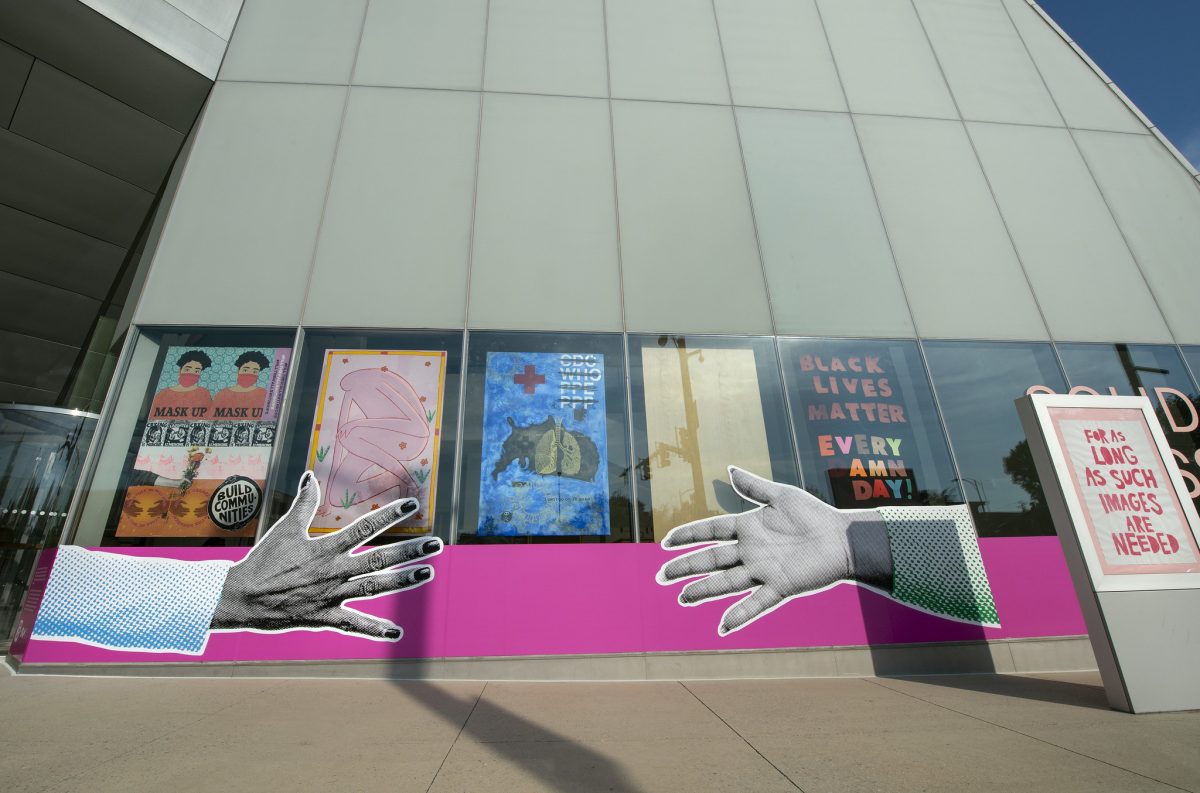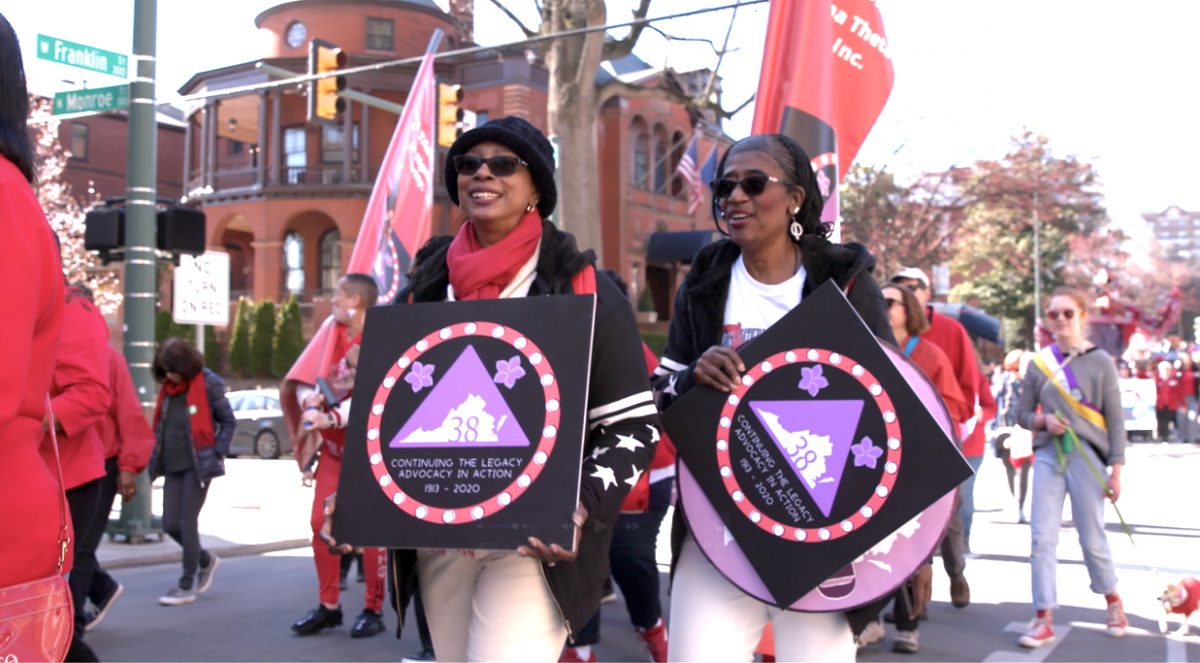Despite pandemic-related closures and declining attendance, the Institute for Contemporary Art at VCU soldiers on. Recently, the ICA celebrated its third anniversary with an event launching upcoming exhibits. The Institute for Contemporary Art at Virginia Commonwealth...




